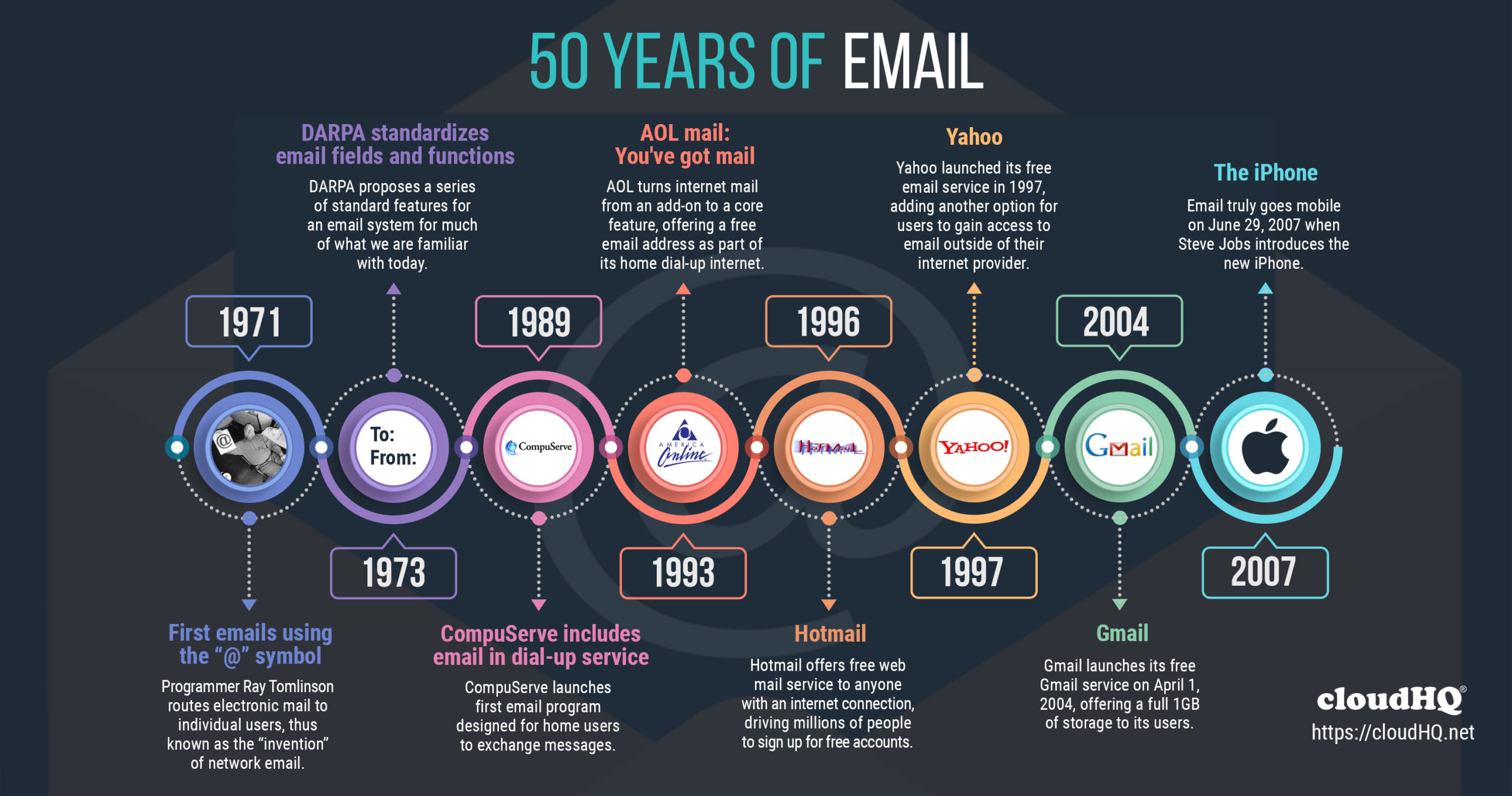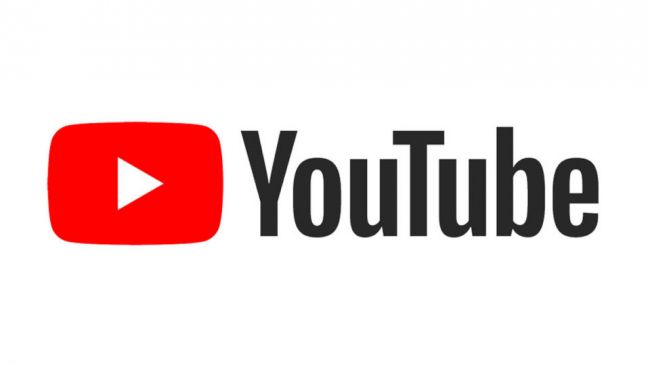Moments From IT History (week 1)
Historic Moments In IT History
In 1971, Ray Tomlinson who was an engineer at MIT was able to send a message from one computer to another. His system got adopted by ARPANET. His discovery is now known as email or rather SMTP which stands for “Simple Mail Transfer Protocol”.SMTP is part of the application layer of the OSI model. Email has revolutionised how people communicate with each other. It simultaneously reduced the amount of paper wasted on actual letters that people used to send each other. People could now ‘paperlessly’ communicate with each other. Email completely revolutionised the workplace because it was an amazing way for colleagues to communicate amongst themselves. It also meant that there was a proof of the conversational exchange. The email used to be only ASCII based in it’s origin but has rapidly evolved throughout the years to include memes, gifs, files, pictures and even software that checks your spelling errors for you, a far way from it’s humble beginnings in 1971.
August 25 1991 is the birthdate of the first Linux
operating system, right around the edge of the decade when no one expected
anything new. It’s creator is Linus Torvalds who was a student in Finland at
the time who had been coding the first Linux operating system as a pet hobby
project, it was described by him as a Unix like operating system. His aim was
to create a new UNIX-like operating system that was free for all. It was
originally written in C and compiled by the GNU compiler. Interestingly, the
system supported multithreading which was impressive for it’s era. 31 years
later, Linux is still free and lives off of donations and subscriptions to smaller
distributions. It is now one of the biggest tech giants and rivals Apple and
Microsoft in terms of prestige and software. However the most fascinating part
about Linux’s success is how it went about developing it’s software by
depending on it’s customers. Linux depends on open source development and
relies on it’s community(which comprises of a lot of programmers) to relay
their suggestions for improvement to maintenance centres, and not only the
community but various companies are also involved in developing Linux code. As
of February 2015, 80% of Linux kernel developers are paid which means that a
whopping 20% are not paid but still contribute. As someone who has used both
Windows and Linux, I think it is fair to say that Windows is user friendly to
users who do not have a lot of experience with other systems but it is simple
and robust. On the other hand, Linux is a lot more lightweight and therefore
saves a lot more battery life, it is a lot more cleaner and offers a lot of
powerful tools to programmers and other professionals who involve themselves
with IT.
YouTube was created on February 14, 2005. It was
founded by Jawed Karin, Steve Chan and Chad Hurley in San Bruno California. The
founders were stated saying that they originally meant YouTube to be for people
to broadcast and express themselves by uploading their home videos. The first
video on YouTube is a video of one of the founders Jawed Karim and it documents
his visit to the zoo on April 24th 2005 at the San Diego Zoo. A remarkable
moment that preceded YouTube’s meteoric rise to the top of any video sharing
platforms. In the beginning, it was filled with smaller creators creating short
skits. They also made let’s plays, which was revolutionary on it’s own. This in
turn gave birth to some of the biggest youtubers such as PewDiePie who at
several occasions had to face the wrath of mainstream media who mis-branded him
as antisemitic and homophobic and became the face of modern free speech and individualism
when he defended himself. The failed character assassination earned him a lot
of attention in the form of an exemplary boost to his subscribers to the tune
of a 100 million temporarily remaining as the biggest youtubers only to be
dethroned a few months later by a music label in India.
Sources:
- https://www.youtube.com/watch?v=jNQXAC9IVRw
- https://en.wikipedia.org/wiki/YouTube
- https://medium.com/swlh/13-reasons-why-linux-is-better-than-windows-6fa304454ae#:~:text=Linux%20powered%20PCs%20are%20way,are%20pretty%20organized%20in%20Linux.
- https://en.wikipedia.org/wiki/History_of_Linux
- https://www.redhat.com/en/blog/25-years-linux#:~:text=Later%20this%20month%20is%20the,year%20of%20changing%20the%20world.
- https://en.wikipedia.org/wiki/Email
- http://students.cs.uri.edu/~forensics/courses/CSC101/innovation_example/impacts.html#:~:text=Email%20has%20had%20a%20profound,delivered%20%22paperlessly%22%20through%20email.



Comments
Post a Comment